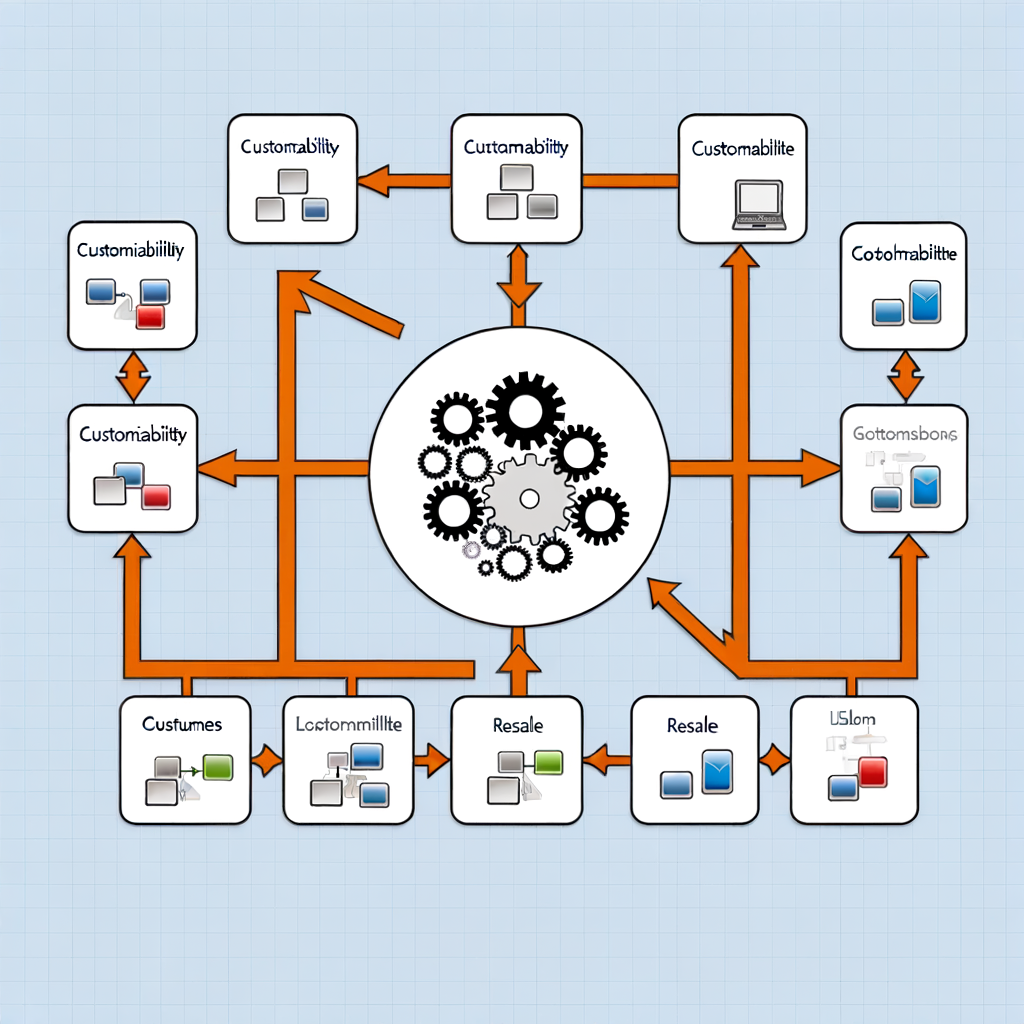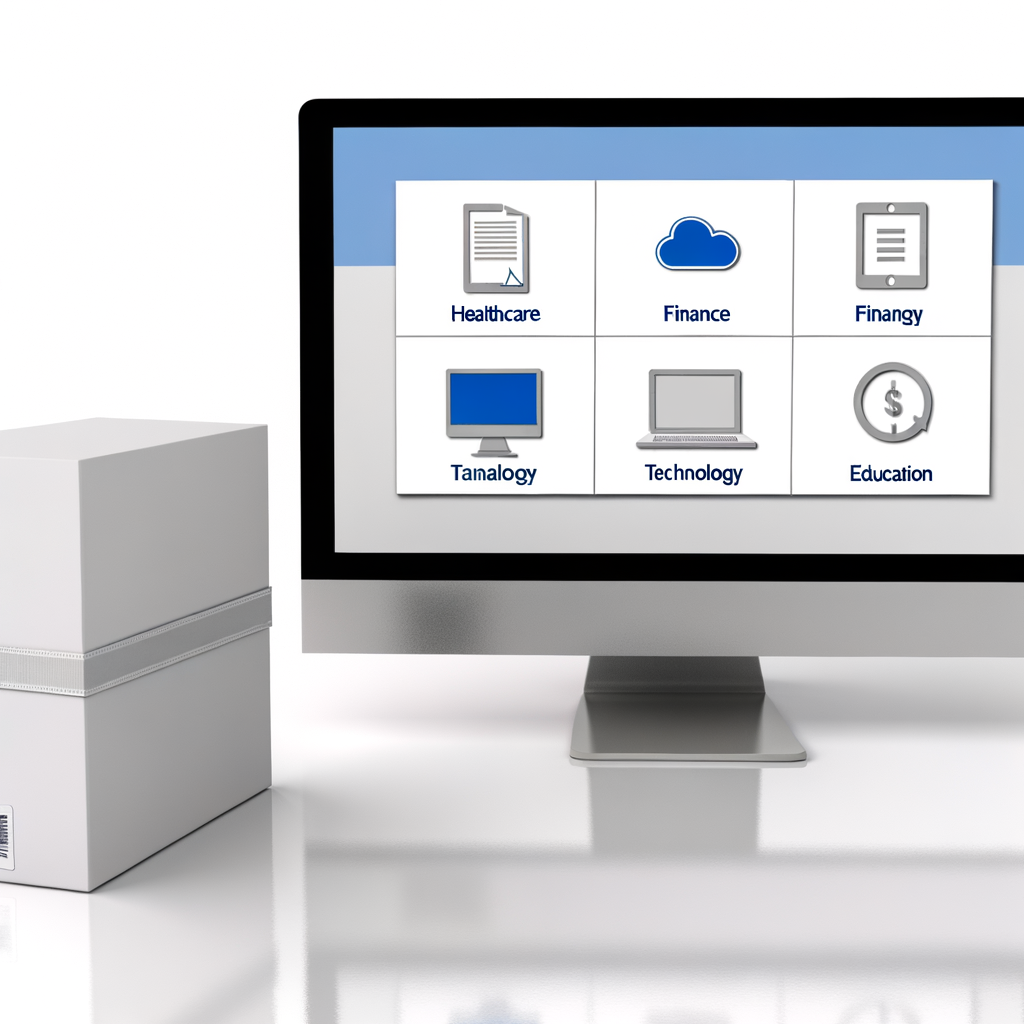
Introduction
Problem: Are you tired of sky-high software development costs? Do you dream of having a cutting-edge application without the hefty price tag?
Agitation: Traditional software development is a complex, time-consuming, and expensive process. From conception to launch, businesses face a myriad of challenges, including hiring skilled developers, managing project timelines, and dealing with unexpected costs.
Solution: White label software offers a refreshing alternative. By providing a pre-built software solution that can be customized with your branding and features, white label software empowers businesses to save money, time, and resources.
In this comprehensive guide, we will delve into the world of white label software, exploring its scope, applications, and the potential cost savings it can deliver.
What is White Label Software?
White label software is a pre-designed software product that businesses can purchase and rebrand as their own. Unlike custom software development, which involves building a product from scratch, white label software provides a ready-made solution that can be tailored to meet specific needs. This approach offers several advantages, including faster time-to-market, reduced development costs, and access to expert-developed features.

The Scope of White Label Software
White label software encompasses a wide range of products, from customer relationship management (CRM) systems and project management tools to e-commerce platforms and mobile applications. The scope of white label software is vast, catering to businesses of all sizes and industries. By understanding the breadth of available options, you can identify the perfect white label solution to meet your specific requirements.
The Benefits of White Label Software
One of the most compelling reasons to consider white label software is the potential cost savings. By eliminating the need for extensive development, businesses can significantly reduce their software expenditures. Additionally, white label software often comes with ongoing maintenance and support, freeing up internal resources to focus on core competencies.
Save Money with White Label Software
The financial advantages of white label software are undeniable. By avoiding the high costs associated with custom development, businesses can allocate their budgets to other critical areas, such as marketing, sales, or research and development. Moreover, white label software typically offers flexible pricing models, allowing you to choose the plan that best fits your budget.

Applications of White Label Software
White label software has a diverse range of applications across various industries.
E-commerce: From online stores to payment gateways, white label solutions can streamline e-commerce operations, reducing development time and costs.
Marketing: Email marketing platforms, CRM systems, and social media management tools are available as white label options, helping businesses enhance their marketing efforts efficiently.
Human Resources: HR software, including payroll, benefits management, and applicant tracking systems, can be white labeled to meet specific company needs.
Customer Support: Live chat, help desk, and knowledge base software can be white labeled to provide seamless customer support experiences.
IT Services: Remote desktop access, data backup, and cybersecurity solutions can be offered as white-label services by IT service providers.
Case Studies: Real-World Examples of Cost Savings
To illustrate the potential cost savings of white label software, let’s examine a few case studies:
Small Business: A small online retailer implemented a white label e-commerce platform, reducing development costs by nearly 50% compared to building a custom solution.
Marketing Agency: A digital marketing agency adopted a white label CRM system, saving time and money on customer management while improving efficiency.
IT Consultancy: An IT consultancy partnered with a white label cybersecurity provider, offering enhanced security services to clients without the need for in-house expertise.
Overcoming Challenges and Considerations:
While white label software offers numerous benefits, it’s essential to consider potential challenges and limitations.
Customization: While white label software can be customized, it may not offer the same level of flexibility as custom development.
Vendor Lock-In: Relying on a third-party provider for software can create vendor lock-in, limiting options for future changes.
Data Security: Ensuring the security of sensitive data is crucial when using white label software. Thoroughly investigate the provider’s security measures.

The Future of White Label Software
The white label software market is rapidly expanding, driven by technological advancements and increasing demand for cost-effective solutions. As technology continues to evolve, we can expect to see even more innovative white label products emerge.
Conclusion
White label software presents a compelling opportunity for businesses to save money, accelerate time-to-market, and access high-quality software solutions. By carefully considering the scope, applications, and potential challenges, you can make informed decisions about whether white label software is the right choice for your business.
Potential References:
White Label Software Explained: Benefits and Examples: GrowSurf (https://growsurf.com/blog/white-label-software)
White-label SaaS products guide to stay competitive: Paddle (https://www.paddle.com/resources/saas-white-label)
9 Best White Label Software For You To Know [2024]: Mailmunch (https://www.mailmunch.com/blog/white-label-software)
—
- Next, we will discuss –in depth- some best White Label Software that are available now.
Leave a Reply